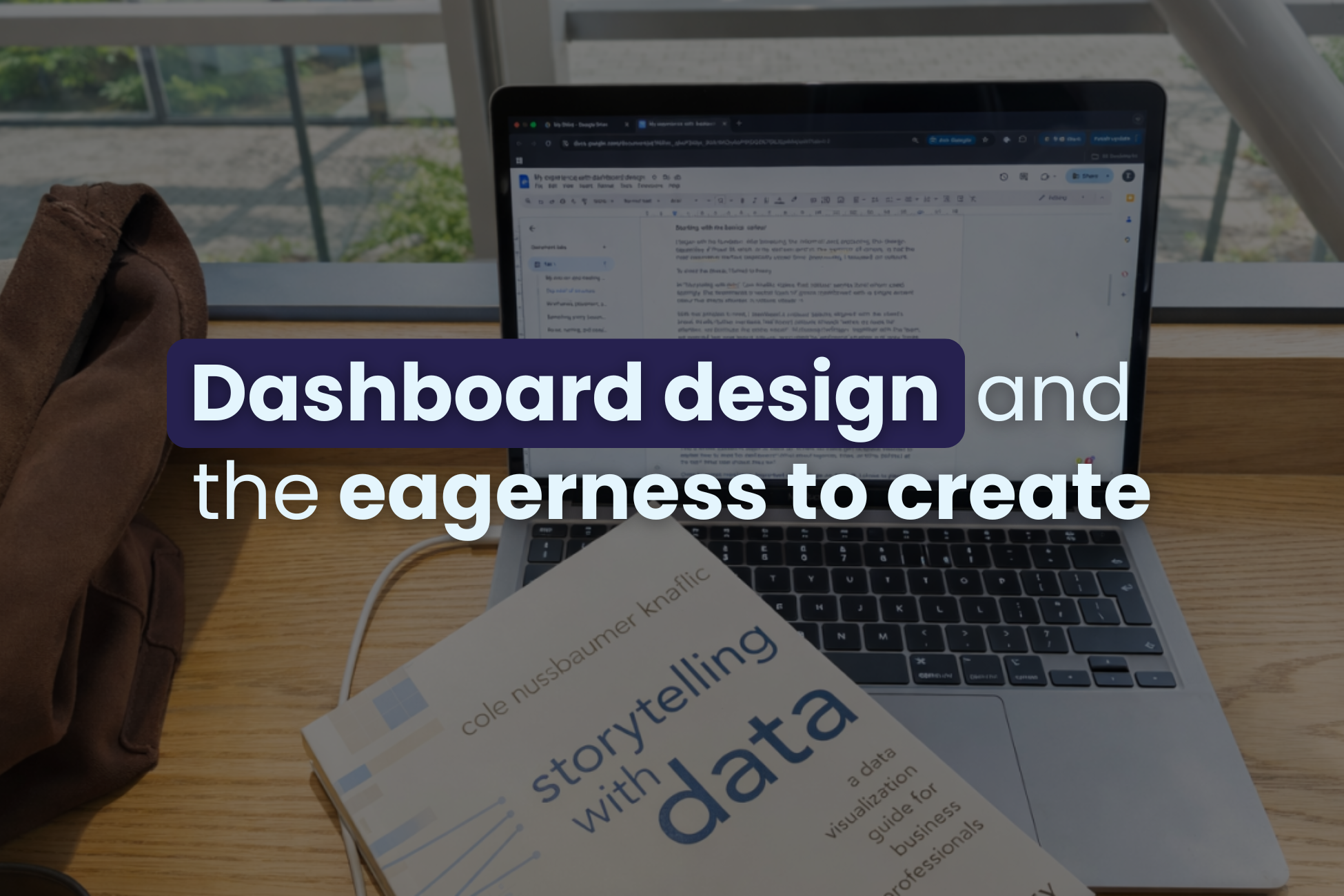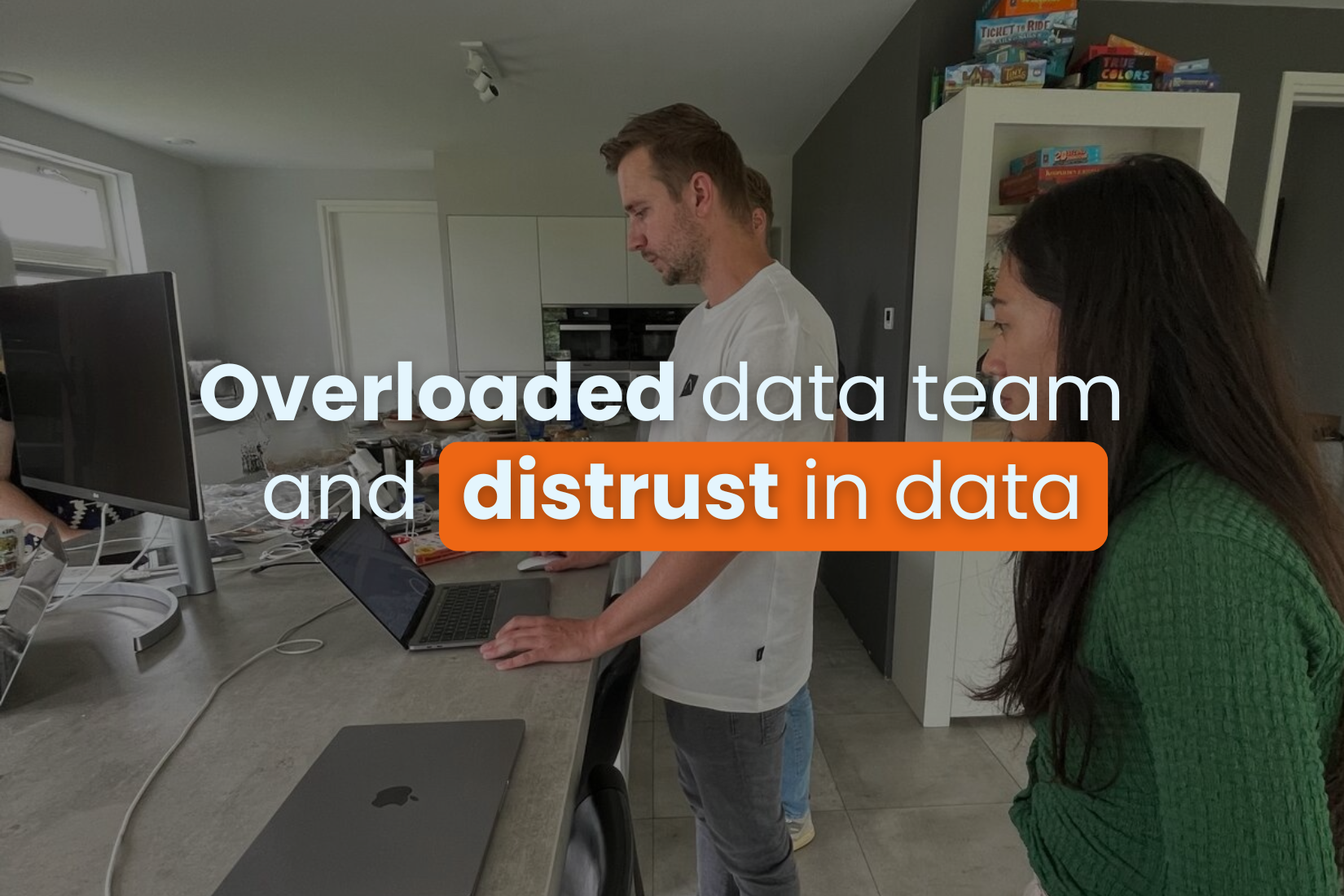Commitment comes from different types of internal and external motivators that a person responds to. It can take various forms depending on the nature of motivation.
In business, often extreme commitment can lead to striving for 100% perfection. But where does healthy determination end, and stubbornness begin?
This is a question worth exploring when defining the type of commitment you want to establish with your teammates in a company.
The human dimension: emotional (and rational?) motivator
At i-spark, the main motivator behind commitment is an emotional one, lying in empathy and self-compassion, and built on a foundation of awareness.
To truly commit, you need to understand and care about the work, but also about the people and purpose behind it.
In that sense, we can say that commitment is a choice:
Commitment = Awareness (rational) + Empathy (emotional)
It’s a kind of paradox: our emotional drive for commitment is born from rational awareness. We consciously choose to stay attentive to our surroundings, to notice others’ and our own well-being, and to act with care and intention.
True commitment is knowing when to continue and when to pause. We’ve learned that perseverance alone isn’t enough to be considered strength. Sometimes walking away, changing course, or resting is the wiser choice. The instinct to “handle it all” is familiar to many professionals, but strength needs boundaries, and dedication requires care.
That’s why our commitment at i-spark is positioned alongside empathy and harmony. So yes, we commit fully: to noticing when we’re close to the edge, to resting when needed, and to nurturing a culture where everyone can do the same.
The ethical dimension: value-based motivator
Commitment deepens when it aligns with personal values and identity. Not all commitment is good; some of it is blind and could even be harmful. It can show up in business when loyalty keeps people locked in long after their principles have left the room.
That’s why commitment needs direction. At i-spark, it’s shown through the values of integrity and responsibility. There’s no sense in “just doing the job” if the work conflicts with what’s right (ethically). Our focus isn’t on working harder for the sake of it, but on approaching our work with curiosity, honesty, and clear intention
We make sure that the goals we set align with shared values: honest data work, ethical AI integration, transparent communication, and respect for the trust clients, partners and colleagues place in us.
Read more about our Ethical framework here.
The business dimension: external motivator
Commitment also grows from the environment around us: the people, expectations, and systems that shape how we show up.
This external motivator is the business reality: clients count on us. Projects need to be delivered on time, and quality needs to stay high. These expectations create a shared sense of responsibility, keeping us grounded and aligned as a team.
Here, commitment is visible in showing up with presence and pride. It’s expressed through consistent actions that build relationships based on trust, reliability, and open communication.
We don’t believe in transactional work. Clients don’t get a bare-minimum version of i-spark; they get a team that cares and treats each collaboration as a partnership built on respect and reliability.
So, what does healthy commitment look like in a business context?
For i-spark, awareness is what keeps commitment healthy – on a human, ethical and business level. It’s a steady way of working that balances care for people, quality, and progress, helping our team and clients move forward together.



